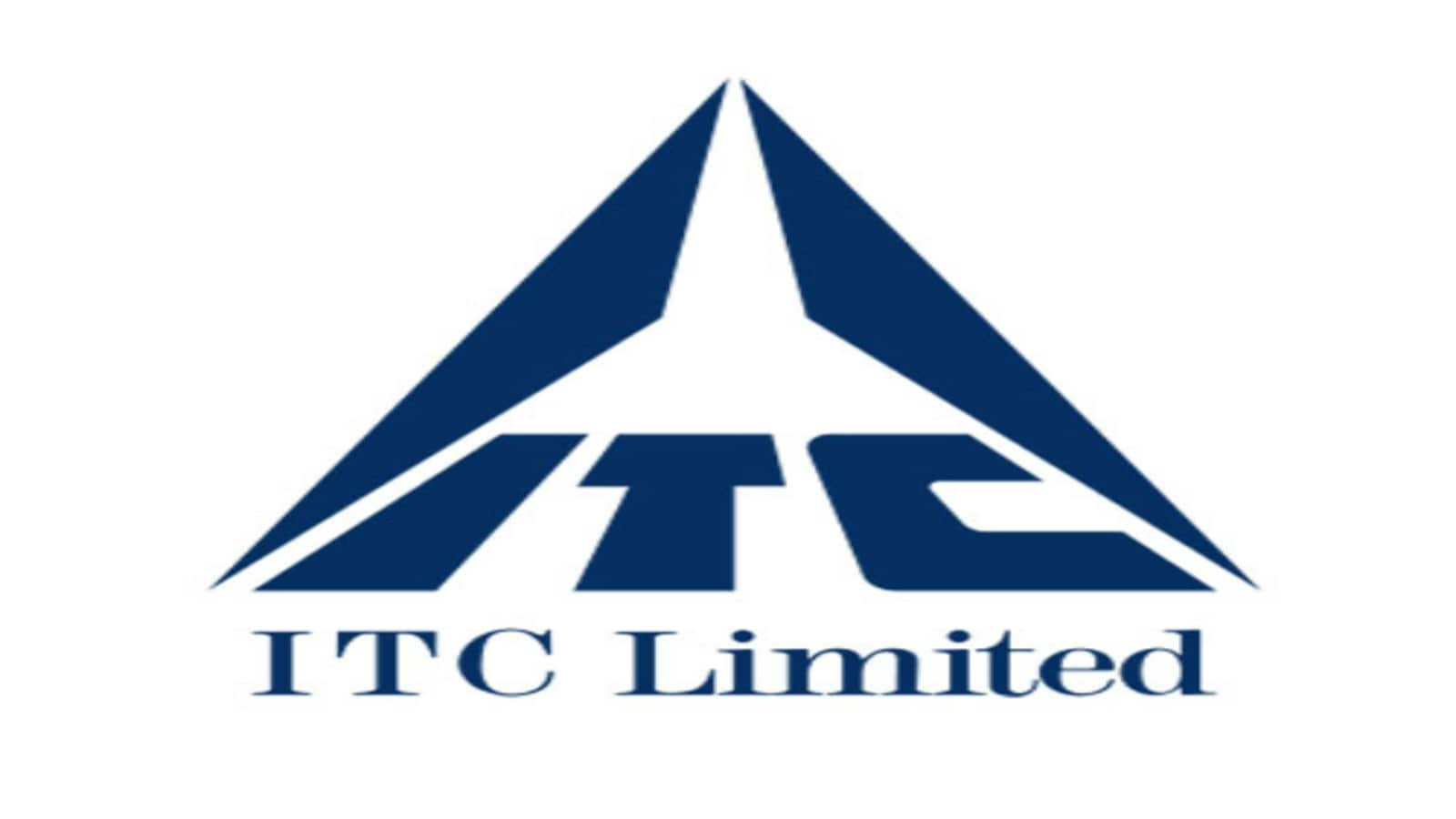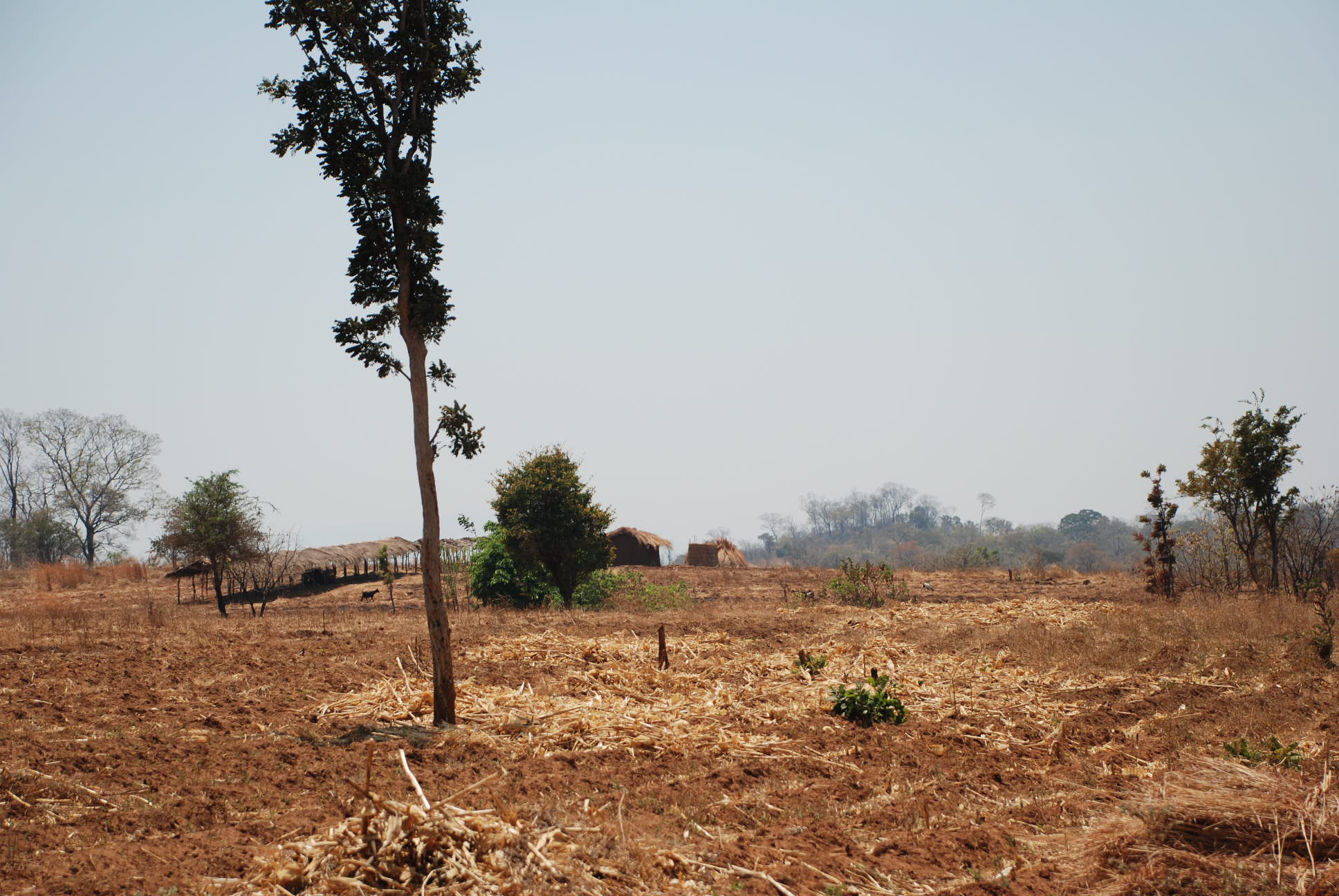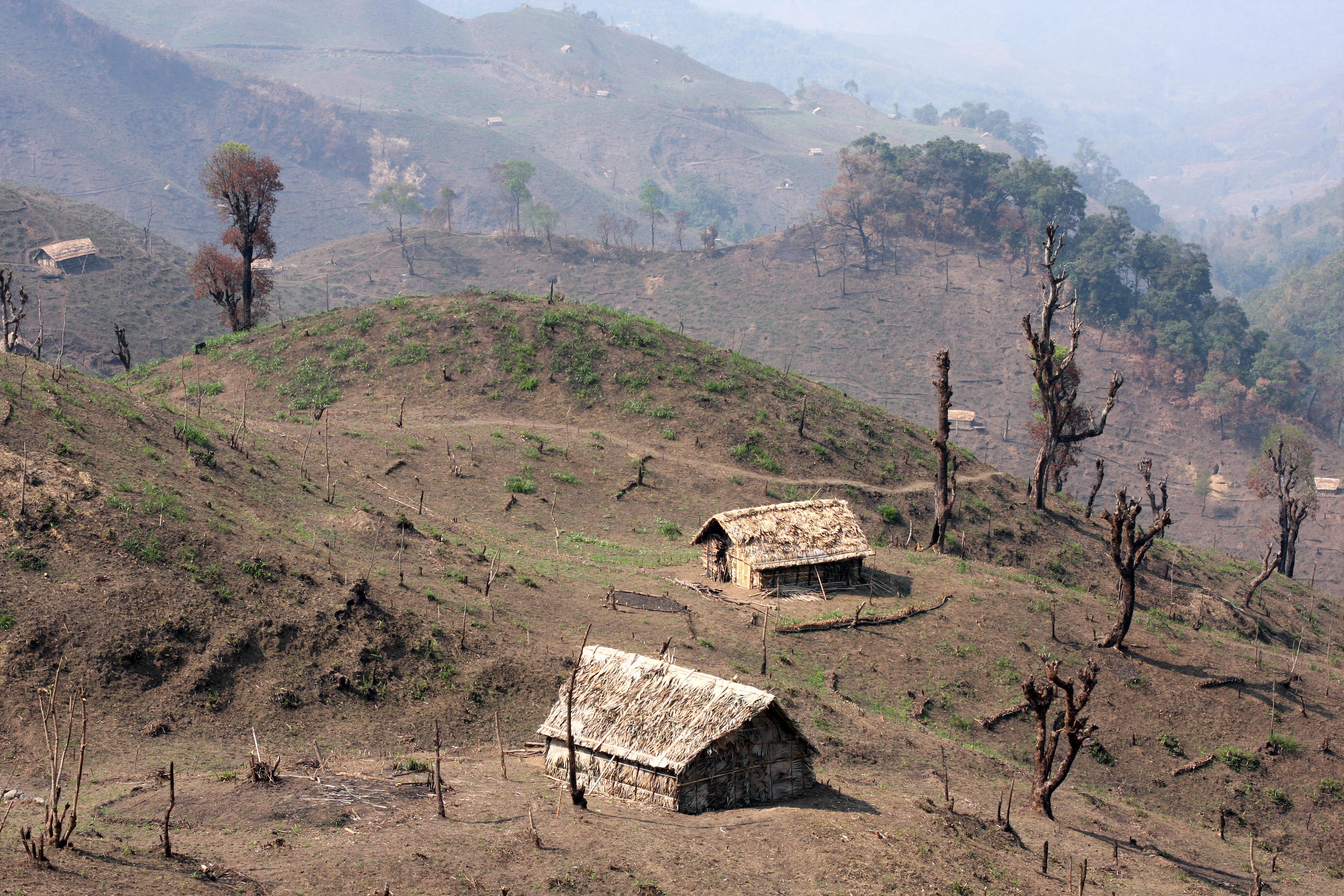
A UK-based firm reported that India lost 668,400 hectares of forests in five years, now considered the second-highest globally. The distressing growth of the deforestation rates in India is a signal to amend and reassess the nation’s environmental contributions and moral obligations towards the world. Why is Indian Tobacco Company (ITC) allowed to cut 14 crore trees annually?
It is the need of the hour to revalue the damage to India’s ecosystem resulting from rapid industrialization. Industrialization is an indispensable part of the flourishing Indian economy, but the degradation it has caused the environment cannot be swept under the rug. While we highlight the effects of industrialization, it is important to note that the damages done to the environment for industrial purposes cannot be classified as ethical. ITC’s most important source of revenue is cigarettes, besides other products.For the quarter that ended on March 31, it reported a net profit of Rs. 5,086.86 crore, up from Rs. 4,190.96 crore the previous quarter. ITC became unrivalled in the Indian market when the Government banned Foreign Direct Investment (FDI) in the tobacco industry in 2010, obliterating any foreign competition. Emphasizing revenues, ITC accounts for nearly 75% of the business’ operating profit. In the financial year 2022, ITC recorded revenues of almost 623 billion Indian Rupees.

The link between Deforestation and ITC Limited is grossly uncontested because the Government benefits from an undefeated conglomerate that has dominated all sectors. While the company has a great influence in the private sector, we must know how it operates to be one of the only companies making cigarettes. Besides cigarettes being carcinogenic, companies like ITC are vastly jeopardizing the world, inducing suffocation with their large-scale Deforestation practices. Did you know that tobacco farming is responsible for 5% of all global Deforestation, which already gives us an insight into how much tobacco production has affected the forests in India?
How ITC Industry Causes Deforestation
- Tobacco cultivation has an unmediated impact on a large number of forests because the plant itself requires a great supply of fertilizers and pesticides. Firstly, these chemical inputs make agricultural land unsuitable for further use, which leads to land burning by tobacco farmers to allow continuous tobacco plantations. An unprecedented cycle of forest degradation or Deforestation begins with more tobacco production, which requires an insurmountable amount of land. Secondly, tobacco curing requires a large amount of burned wood to generate heat, making it one of the major reasons for Deforestation. Land burning contributes to greenhouse gas emissions by releasing pollutants into the air and water. The curing of the tobacco leaves makes extensive use of wood. In order to quickly cure tobacco, “flue” curing heats the air around the tobacco leaves using the combustion of wood or coal. In a report by the World Health Organisation (WHO), the environmental aftermath of tobacco production are accurately described. “There is evidence of substantial, and largely irreversible, losses of trees and other plant species caused by tobacco farming that make it a particular threat to biodiversity (41).”
- ITC’s paperboard, paper, and packaging segment revenue was 76 billion Indian rupees. The Paper Industry has a massive impact on the ecosystem because it requires enormous amounts of water. Along with widespread Deforestation, it requires twice the energy of a plastic bag and produces a tremendous amount of waste. While everything takes energy to make, paper production needs twice the energy of a plastic bag.

The realities of today are what is explained by large-scale Deforestation. The catastrophes of today are a result of carelessly cutting down trees.
Landslides – Devastating and concerning landslides have been caused by widespread Deforestation in India. Land clearing causes the slopes to lose their protective layer, which causes rainwater to flow very quickly on the slopes and cause landslides.
Soil Erosion – Soil erosion has a massive impact on the agricultural landscapes of India and is a result of land clearing activities by tobacco and paper industries like ITC
Frequent floods – Over time, India has witnessed the large-scale devastating effects of floods that make it to the headlines annually . A large number of trees being cut down destroys the root system, fails to soak up the water, and results in flooding.
Infrastructure damage – A sharp increase in the infrastructural damages that are impacted by violent floods is the direct result of the effects of land clearing, which has alarmingly raised concerns among people about their safety.

The frail projection of determination and vision towards a greener India by industries like ITC only makes climate consciousness more puzzling. Only one source notes that ITC cuts 14 crores of trees annually. Incidentally, why aren’t there actual records of how many trees ITC cuts annually? The fact that the industry generates such high excise duties, sales, and income taxes makes it clear that the Government is obstinately watching over the business. Having enjoyed an unparalleled monopoly and refusing to cover the number of tree cuttings and environmental damage, ITC has begun to claim several sustainability-related achievements and visions of promoting a green environment. How ironic is it for an enormous corporation like ITC to appear nature friendly when its primary revenue source is cultivating tobacco and running a paper industry, which causes large-scale deforestation and severe pollution?

ITC declares itself a carbon-positive corporation. There is unprecedented pressure on all businesses to take their own role in the crisis far more gravely as the effects of climate change intensify—the world is boiling, and the consequences seem to continue. With growing discourse surrounding carbon emissions, big corporations have started to navigate their stance regarding the environmental impacts of their actions ever since corporations have put out a wave of climate commitments. “Net Zero” commitments are the most popular among such claims, which the UN explains, ” Put simply, net zero means cutting greenhouse gas emissions to as close to zero as possible, with any remaining emissions re-absorbed from the atmosphere by oceans and forests.” At least one-fifth of the top 2,000 publicly traded companies worldwide have now committed to cancelling their carbon emissions somehow. They are putting billions of dollars into clean energy, switching to electric cars, and promising to stop Deforestation.
As simple as it may sound, the UN announces that net zero is significantly one of the most difficult challenges that humankind has faced. Additionally, due to the lack of transparency in all the climate-related documentation, assessing the true records of progress becomes difficult. Companies like ITC have started afforestation programmes that enable marginal farmers to earn sustainable livelihoods from unproductive lands. Despite such solid claims and the presumably notable intent of the companies regarding adopting sustainability as the critical agenda, environmental experts resist the urge to believe the companies.

Companies rely heavily on carbon offsets, which allow them to invest in “nature-based” programmes like tree planting or forest protection to counteract their own emissions. Annual tree cutting by ITC totals reach a staggering 14 crores; if not, why are there no records of it being retaliated against? And why do big corporations wear badges of honour for possibly reversing the environmental damages they caused themselves?If companies like ITC could truly comprehend the climate crisis, they would not wear badges of sustainability achievements. Since their attempts are aimed at repairing the significant harm to biodiversity they have themselves caused, their initiatives should be referred to as “redressal” rather than “noble.”




